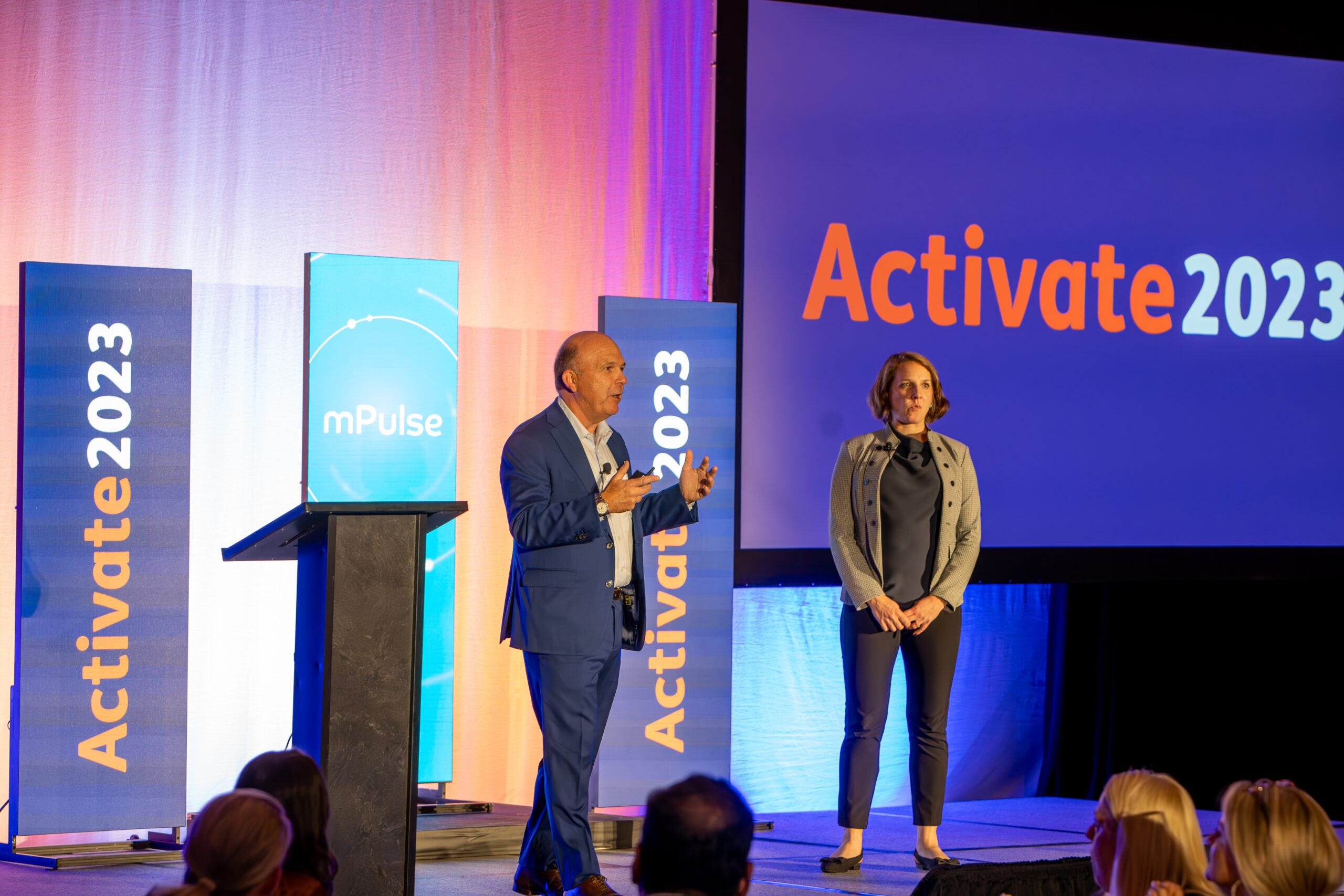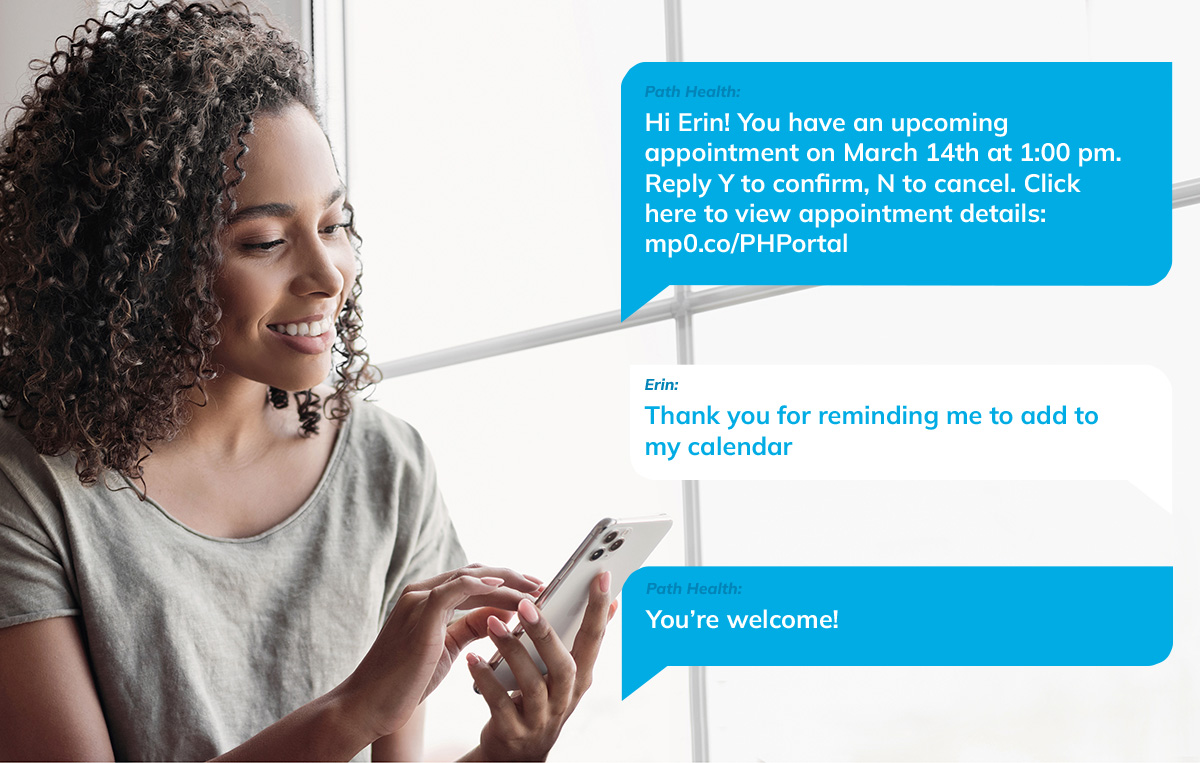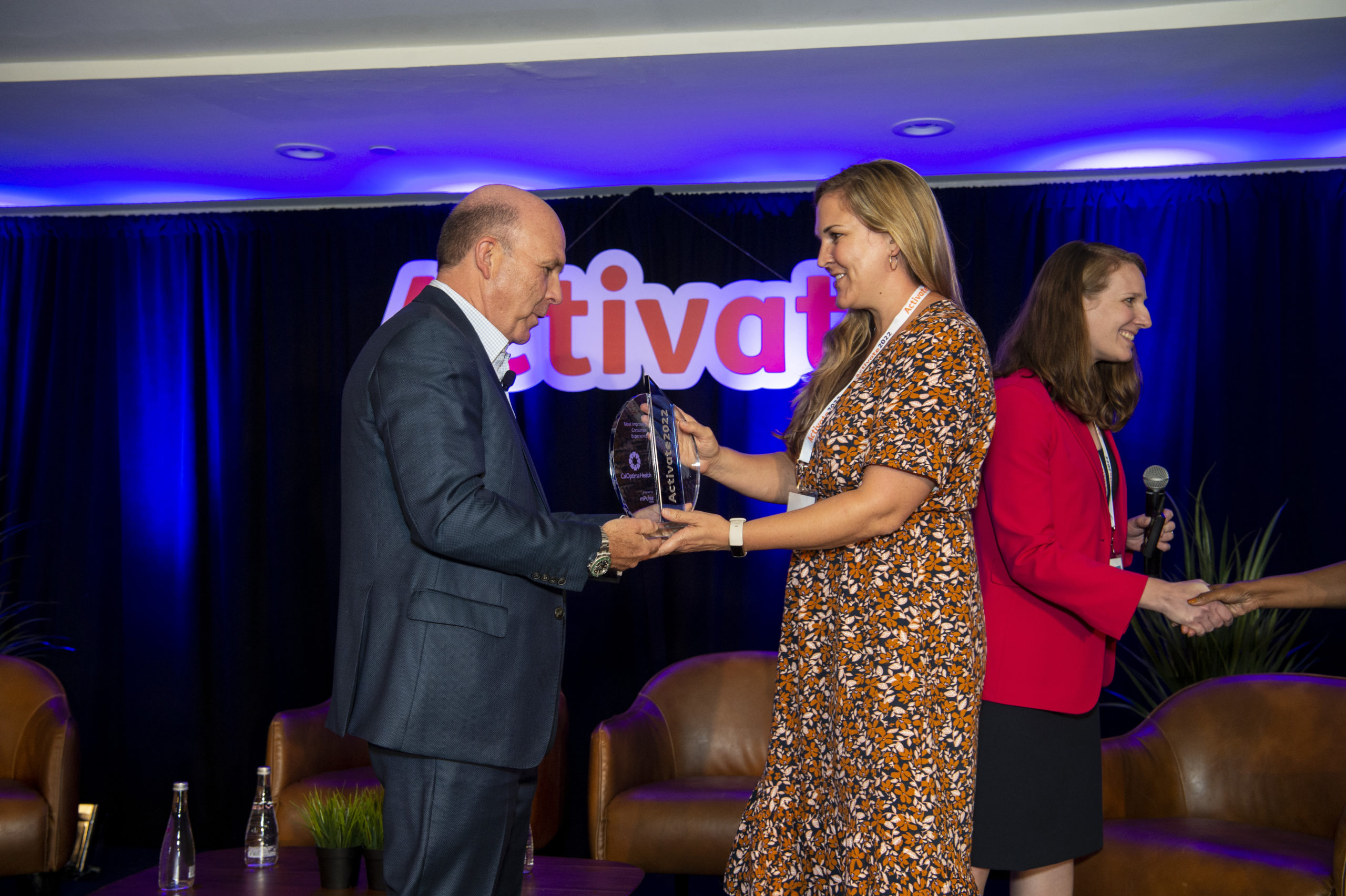Last week, the Senate Appropriations Committee approved a budget bill that eliminates the State Health Insurance Assistance Program or SHIP. SHIP is a nationwide program that offers free advice to new Medicare beneficiaries including: how to select the right plan, one-on-one counseling, informational events, toll-free help lines, and more helpful services.
As Kaiser Health News reported, “Ending SHIP saves $52 million, which will help pay for a $2 billion increase for the National Institutes of Health, restore year-round Pell Grants, and increase resources to prevent and treat opioid abuse, among other things.”
In 2015 alone, SHIP programs saved seniors millions of dollars. Perhaps the best example is in Ohio where the program saved Ohioans $20.8 million over the course of the year while also winning an award for its awareness efforts.
It seems clear that SHIP programs are valuable, though it is hard to argue against what the Senate Appropriations Committee intends to do with the money saved by cutting SHIP. Perhaps the best alternative is to find a way to run SHIP programs at a lower cost and in a potentially more effective way.
One solution may be text messaging.
Most of the information SHIP provides beneficiaries can be easily delivered through a simple text message. Let’s look at a few examples.
1. Shiptacenter.org provides educational resources for beneficiaries including a link to a video walking them through help that may be available to them. Instead of raising awareness about the shipacenter website, which involves marketing campaigns and interaction between local SHIP staff and beneficiaries, every new beneficiary could receive a text message that says something like:
VIDEO: National Council on Aging summarizes help that may be available to you – http://bit.ly/28LZjZC
This delivers the same information as the website directly to a mobile device where the recipient can instantly watch the video, all without the expense of a campaign or local staff. The beneficiary is just as informed but in a streamlined, likely more affordable way.
2. There is a ton of general information that a new beneficiary needs to understand or know how to find when they need it. This could be anything from quick facts about available benefits to updates in their coverage or even how to prevent certain ailments common with aging. Rather than meet one-on-one locally or read a bunch of pamphlets sent through the mail, both of which are expensive for SHIP programs, the beneficiary can receive a series of texts informing them exactly what they need to know.
This information is delivered directly to their mobile devices which means it is also stored in the stream of text messages (since they all come from the same number). Beneficiaries can get all the information they need as well as reference this information at any time.
3. Another important feature of SHIP programs is that they help beneficiaries understand their healthcare and drug plan options to determine which options are best for them. Historically, this has required a fair bit of one-on-one interaction and probably some hand holding. After all, it is complicated stuff. But through intelligent mobile messaging workflows and Natural Language Processing (NLP), text message engagement can be two-way. That means beneficiaries can get all the information they need without being bombarded with any information they do not need.
An example of this would be a text message that reads, “Do you understand your options for purchasing medication? Reply YES or reply INFO for more info” If the beneficiary replies “INFO,” they engage in a two-way dialog with a program until they receive all the information they need. This dialog can include links to resource libraries, a national toll-free line, videos, websites, apps, online portals, or anything else that can be accessed by simply tapping a link. As necessary, they can even text directly with a SHIP representative.
Using text messaging to replace some of the existing SHIP processes can likely reduce costs while activating more beneficiaries. Considering the amount of money Medicare populations have saved due to local SHIP programs, the value of this kind of information and engagement is clear. Text messaging can keep the SHIP program alive; perhaps even make SHIP more effective than it has been.












